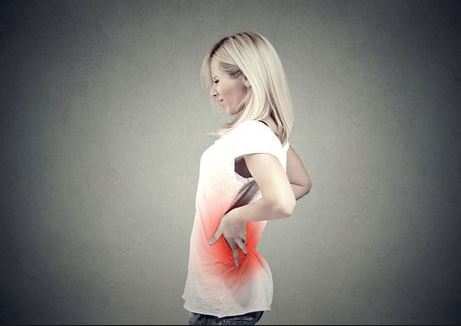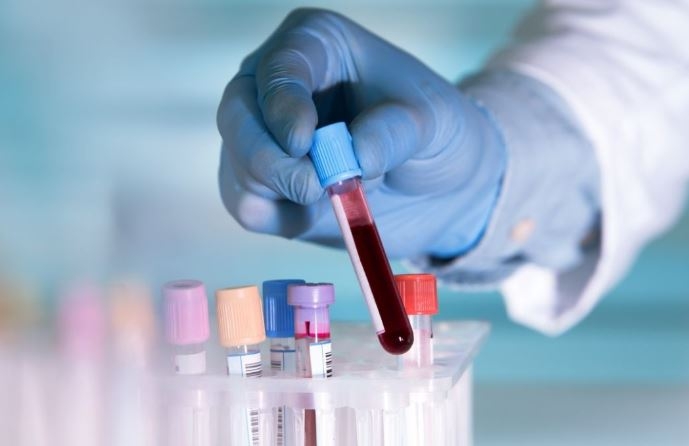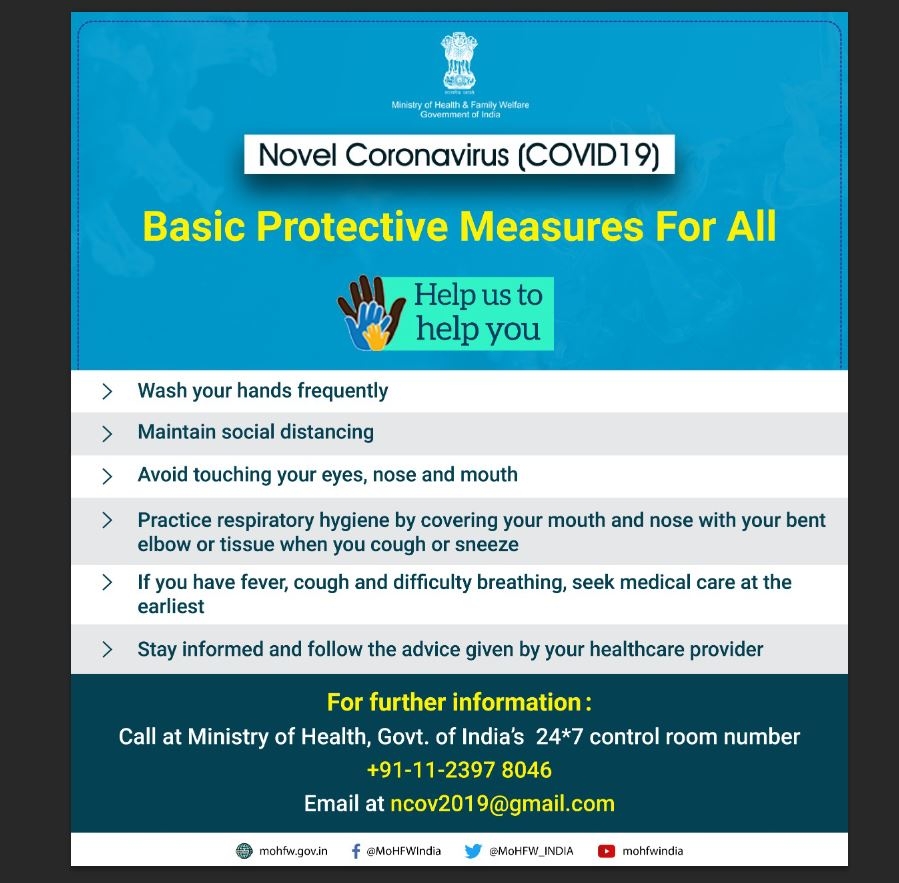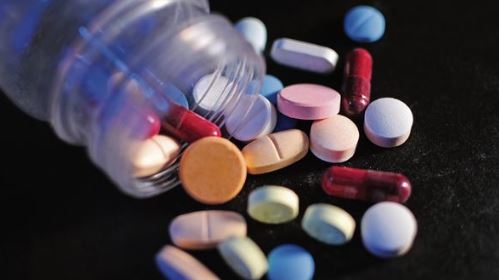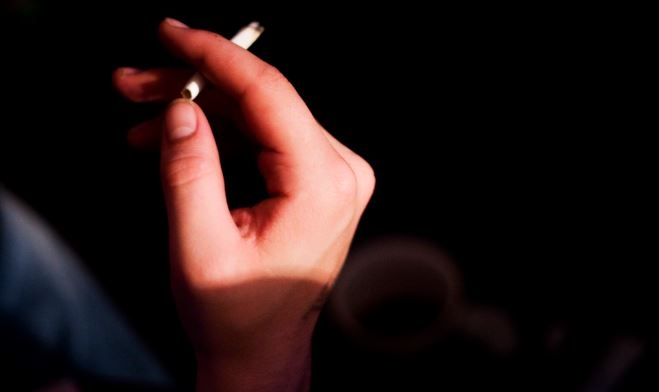Maintaining a proper kidney health is very essential to keep the urination process continuous. There are certain habits which can affect your kidney health. You might not be aware about them but some daily habits can leave a harmful impact on your kidneys which can degrade your health in many ways. If your kidneys do not function properly, your body will lose the ability to filter blood and remove waste products from the body. This will lead to the accumulation of waste material and toxins in the body.
Here is a list of the most common habits that can seriously harm your kidneys:
- Overusing Painkillers: Painkillers may give you relief from pain and aches instantly but they can affect the functioning of the kidneys. Regular use of painkillers can even lead to severe kidney damage. Painkillers decrease the blood flow to the kidneys which interrupts their functioning.
- Eating Processed Foods: Processed foods are significant sources of sodium and phosphorus. Many people who have kidney disease need to limit phosphorus in their diets. Some studies have shown that high phosphorus intake from processed foods in people without kidney disease may be harmful to their kidneys and bones.
- High salt and sugar intake: Eating too much sugar or salt, both are harmful to your kidneys. Salt can increase your blood pressure which harms the kidneys. It will also lead to an excess amount of sodium in the body which will make it harder for the kidneys to get rid of it.
Excess sugar consumption also contributes to high blood pressure. It also leads to obesity and diabetes which can contribute to kidney failure.
- Not Drinking Enough Water: Staying well hydrated helps your kidneys clear sodium and toxins from the body. Drinking plenty of water is also one of the best ways to avoid painful kidney stones. Those with kidney problems or kidney failure may need to restrict their fluid intake, but for most people, drinking 1.5 to 2 liters (3 to 4 pints) of water per day is a healthy target.
- Eating Too Much Meat: Animal protein generates high amounts of acid in the blood that can be harmful to the kidneys and cause acidosis – a condition in which kidneys cannot eliminate acid fast enough. Protein is needed for growth, upkeep and repair of all parts of the body but your diet should be well balanced with fruits and vegetables.
- Missing Out on Sleep: Proper sleep is necessary to maintain overall health. Your sleeping and waking routine regulates your kidney function. The tissues of kidneys get renewed when you are sleeping. Inadequate sleep can disturb the functioning of the kidneys. You must ensure that you sleep for at least 6-8 hours to maintain your kidney health as well as your overall health.
- Smoking: Sure, smoking isn't good for your lungs or your heart. But did you know that smoking may not be good for your kidneys either? People who smoke are more likely to have protein in the urine – a sign of kidney damage.
- Drinking Alcohol in Excess: Regular heavy drinking – more than four drinks a day – has been found to double the risk chronic kidney disease. Heavy drinkers who also smoke have an even higher risk of kidney problems. Smokers who are heavy drinkers have about five times the chance of developing chronic kidney disease than people who don’t smoke or drink alcohol to excess.
- Sitting for long hours: Sitting for long hours is linked with the development of kidney diseases. You must not sit regularly for longer hours to avoid any possible kidney disease. If you have a sitting job, then make a routine to move around after regular intervals.
- Holding your pee: Not emptying your bladder on time is one of the main causes of kidney problems. If you often resist the urge to pee, the urine remains in your bladder for a longer period, and bacteria begin multiplying much faster. Eventually, this can lead to serious consequences like kidney infections and urinary incontinence.
Maintaining a proper kidney health is very essential to keep the urination process continuous. There are certain habits which can affect your kidney health. You might not be aware about them but some daily habits can leave a harmful impact on your kidneys which can degrade your health in many ways. If your kidneys do not function properly, your body will lose the ability to filter blood and remove waste products from the body. This will lead to the accumulation of waste material and toxins in the body.
Here is a list of the most common habits that can seriously harm your kidneys:
- Overusing Painkillers: Painkillers may give you relief from pain and aches instantly but they can affect the functioning of the kidneys. Regular use of painkillers can even lead to severe kidney damage. Painkillers decrease the blood flow to the kidneys which interrupts their functioning.
- Eating Processed Foods: Processed foods are significant sources of sodium and phosphorus. Many people who have kidney disease need to limit phosphorus in their diets. Some studies have shown that high phosphorus intake from processed foods in people without kidney disease may be harmful to their kidneys and bones.
- High salt and sugar intake: Eating too much sugar or salt, both are harmful to your kidneys. Salt can increase your blood pressure which harms the kidneys. It will also lead to an excess amount of sodium in the body which will make it harder for the kidneys to get rid of it.
Excess sugar consumption also contributes to high blood pressure. It also leads to obesity and diabetes which can contribute to kidney failure.
- Not Drinking Enough Water: Staying well hydrated helps your kidneys clear sodium and toxins from the body. Drinking plenty of water is also one of the best ways to avoid painful kidney stones. Those with kidney problems or kidney failure may need to restrict their fluid intake, but for most people, drinking 1.5 to 2 liters (3 to 4 pints) of water per day is a healthy target.
- Eating Too Much Meat: Animal protein generates high amounts of acid in the blood that can be harmful to the kidneys and cause acidosis – a condition in which kidneys cannot eliminate acid fast enough. Protein is needed for growth, upkeep and repair of all parts of the body but your diet should be well balanced with fruits and vegetables.
- Missing Out on Sleep: Proper sleep is necessary to maintain overall health. Your sleeping and waking routine regulates your kidney function. The tissues of kidneys get renewed when you are sleeping. Inadequate sleep can disturb the functioning of the kidneys. You must ensure that you sleep for at least 6-8 hours to maintain your kidney health as well as your overall health.
- Smoking: Sure, smoking isn't good for your lungs or your heart. But did you know that smoking may not be good for your kidneys either? People who smoke are more likely to have protein in the urine – a sign of kidney damage.
- Drinking Alcohol in Excess: Regular heavy drinking – more than four drinks a day – has been found to double the risk chronic kidney disease. Heavy drinkers who also smoke have an even higher risk of kidney problems. Smokers who are heavy drinkers have about five times the chance of developing chronic kidney disease than people who don’t smoke or drink alcohol to excess.
- Sitting for long hours: Sitting for long hours is linked with the development of kidney diseases. You must not sit regularly for longer hours to avoid any possible kidney disease. If you have a sitting job, then make a routine to move around after regular intervals.
- Holding your pee: Not emptying your bladder on time is one of the main causes of kidney problems. If you often resist the urge to pee, the urine remains in your bladder for a longer period, and bacteria begin multiplying much faster. Eventually, this can lead to serious consequences like kidney infections and urinary incontinence.








